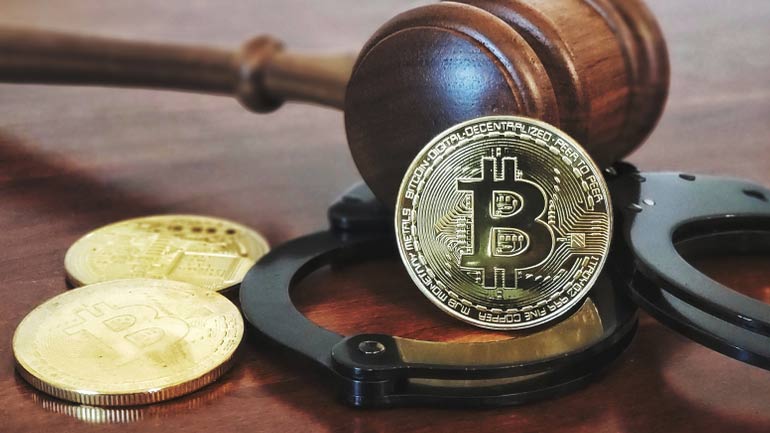The world of crypto is going through yet another turmoil. It is evident that strict regulatory oversight of cryptos is required. Soon the EU will be rolling out a certain regulatory framework for cryptos and markets, visit the official site. The moves will come as cryptos plunge. A crisis engulfed some of the biggest stablecoins in the world. Cryptos became popular even though there is limited oversight or nothing of them. Regardless of if they are schemes of Ponzi, some money laundering shells or any stablecoin pegged to assets of the real world it is challenging for any ordinary investor or user to understand which is what.

Knowing where they are located, organized and who backs them is a cause of huge concern. There are many reasons why a proposal from the EU is not the correct remedy. Under all planned regulations, cryptos authorized in the bloc can only be offered to the investors. Yet crypto and exchanges will be having a light supervisory routine. It will be very less than what will be in place for financial tools or other exchanges. It raises all questions regarding why specific rules are required.If you are new to Crypto investment or trading check Bitcoin smart an advanced trading platform.
The overall scenario
- The crypto industry is divided into three forms that are completely different.
- These are NFTs or non-fungible tokens or virtual gadgets, digital currencies, and stablecoins.
- The value of a stablecoin is linked to an asset of the real world.
- Digital currencies represent a fixed rate of exchange to one hard currency.
- They can get issued only by some banks or fintech companies already having one license of doing so.
- Stablecoin issuers must be having a minimum reserve level.
- The first international organization that proposed a particular regulatory framework is the EU.
- Some member states are already having special laws for crypto and tokens.
- Yet there is no such agreement on it at any multinational level.
- Some countries like the US and the UK and a few territories like Hong Kong are ready to put committed rules and place existing securities legislation.
- It led to an unclear framework for a digital item that became an international occurrence.
- Currently, consumers have little idea of all rights for protection or redressing, mainly if all transactions happen outside the EU.
- Any non-EU cryptos like Ethereum and Bitcoin will be having to register under one such form for gaining EU market admission.
- A mutual recognition system is unlikely, considering that regulations vary widely internationally.
- Consumers will bear all burnt of the risk.
- They will find no difference between EU or international cryptocurrencies.
- But they will be still besieged on social media with unregulated crypto adverts or scams of flat-out.
- The Mica proposal of the EU raised huge problems.
- Supervision is limited and also split among European or national regulators.
- Under all proposed rules, it is very easy to begin a cryptocurrency exchange than any traditional exchange that the European financial market rule book governs.
- Any provision against market manipulation or insider trading is light.
- It is hardly comparable with the current EU law.
- Accounting standards or tax rules are not there for crypto companies.
- Few EU countries apply existing consumer protection and market regulation to cryptocurrency publicity.
- The EU must have been much better off if they consider cryptocurrency under the current laws instead of creating any new regulatory framework.
- Electronic money and banking rules can be used too for digital currencies.
- NFTs never need separate rules but can get covered under existing consumer and intellectual property laws.
Conclusion
Markets or business conducts rules. They should apply irrespective of the packaging. Any start-up in the crypto sector will be saying it will be making the market less attractive. Yet why they should be subjected to less strict supervision for all financial operations? A proper international framework is needed for regulating cryptocurrency with one common approach. Different regulatory approaches will let regulatory arbitrage. It will be racing to the bottom where all providers are winners and victims are the investors. An unregulated cryptocurrency space will motivate misunderstanding and prospective abuse of any fundamentally interesting innovation. More crucial is informing consumers adequately regarding all dangers of crypto investment and the requirement to distinguish between fraudulent and any well-intentioned scheme.




